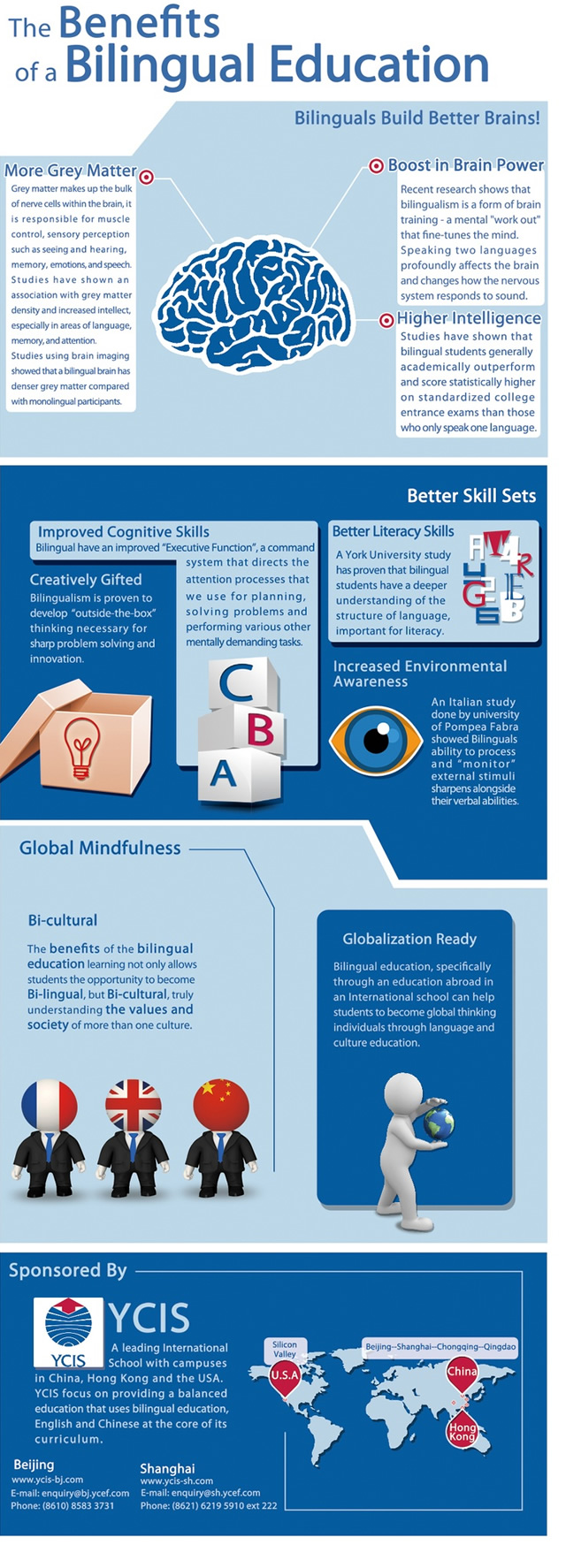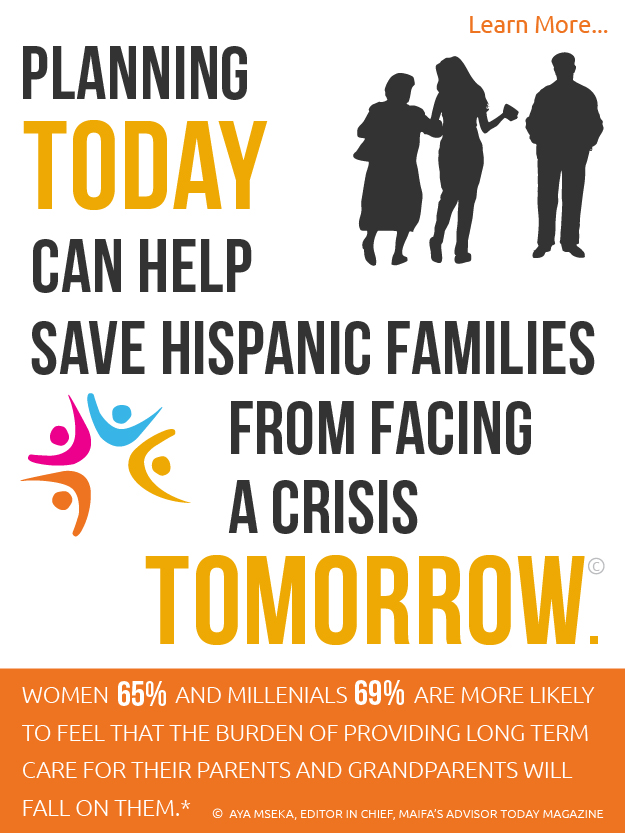
Bilingual education: Why gutting it hurts us all
10/11/2013 04:30PM | 9188 viewsHispanic Heritage Month provides the perfect opportunity to explore how bilingual education positively or negatively affect our children.
Despite study after study showing that bilingual education benefits students and communities, budget cuts and xenophobia nationwide have led to many dual-language programs being cut in Florida, Texas and California.
Most recently, for example, the Irving Independence School District outside of Dallas gutted its program, which for years was championed by newly retired school board member Ronda Huffstetler.
Specifically upsetting for her is that students can test out of mainly Spanish-speaking classes – and attend English-only classes – as early as second grade.
“If you knock them out in the third grade, before they’re ready, you’ll see scores sink rapidly,” Huffstetler said.
Director of Clinical Services for Bilingual Therapies Nate Cornish told VOXXI the reasoning behind limiting bilingual education is flawed.
He said, “We’re finding from an educator’s perspective, kids who are in more of immersion type bilingual programs tend to catch up to their English speaking peers, and at the same time they seem to have greater access to the curriculum because they’re receiving instruction in their native language while they’re learning English.”
For Spanish-speaking kids, bilingual education will help them adapt better and faster to the curriculum and the culture, and for English-speaking children, it will develop cognitive flexibility among many other benefits.
The fool’s argument against benefits of bilingual education
Proponents cite a mindset that bilingual education in schools – with English speakers naturally being the overall goal – is akin to expecting a child to learn a musical instrument by playing sports.
However, there’s overwhelming research that suggests skeptics are employing the wrong analogy.
A more apt comparison involves playing the piano in relationship to learning violin. Once a student has grasped the piano’s musical foundation, the knowledge provides an easy jump to the basics of the violin.
Similarly, studies show a Spanish-speaking student benefits from continued study of home language as it relates to becoming skilled English speakers – thus being bilingual – over time.
Furthermore, the American Psychiatric Association reports children who grow up bilingual have an enhanced ability to process sounds and therefore are more likely to pay attention in a learning situation, while a study from Northwestern University showed the same children have reduced levels of anxiety, loneliness and poor self-esteem.
Limiting bilingual education adversely affects students
Institute for Learning & Brain Sciences Translation, Outreach, and Education Director Sarah Roseberry Lytle told VOXXI that research clearly shows the benefits for English language learning students in bilingual-focused curriculum.
She pointed out that’s not always been the case, with needed myth-debunking recently taking place.
“A lot of people, even pediatricians, used to be worried that speaking more than one language to a child was going to confuse them,” Lytle said. “But we know now more than ever that’s not the case, and in fact, there may be advantages of bilingualism.”
Benefits of bilingual education at a glance
Some of the benefits of bilingual education can also be explained by exploring how Spanish-speaking students immersed in English language studies only struggle:
• Cognitive Ability
In a nutshell, this involves brain activity and flexibility at it relates to mathematics, problem solving, logic and memory. Unprepared Latino students in English-only classes can experience stunted cognitive ability growth.
“Solving math problems is a great example of one way to employ your flexibility thinking skills because you have to think about different ways you might solve a problem, in the same way if you’re growing up in a bilingual household you need to think of different words,” Lytle said. “And if you can’t activate a word in one language, you need to think of a different way to describe the word.”
• Social/Emotional
Through his studies, Cornish said students from communities where Spanish is valued possess a positive self-image of themselves as Spanish speakers and the Spanish communities they come from. Conversely, the opposite is true in school districts ignoring bilingual education and Hispanic heritage.
“When I work with individuals who come from communities where Spanish is seen as a less prestigious language and not really valued, this can cause social issues,” Cornish said. “A student who still has a lot of needs to communicate in Spanish may prefer to be perceived as an English speaker and communicate only in English without having all of their education needs met.”
• Educational Advancement
Cornish said there is conflicting research regarding how long it takes a child to acquire another language.
The general idea most people accept is a child becomes proficient socially and can communicate like other children in formal situations in about three to five years. So how does this relate to bilingual education?
“Academic language takes five to seven years to develop,” Cornish said. “There are some questions whether it takes much longer for a child to catch up with the academic English and the complex language they need in the classroom. So why that’s important is during this time when they are not communicating language at the same level as their monolingual peers, there’s a potential for them to be missing out on curriculum, and especially with Common Core standards that are coming out where all of our children will be judged uniformly. Spanish speaking students aren’t going to have the same access if all the instruction is in English.”
• Family
While immigrant or first generation parents want their children to assimilate, Cornish said he’s seeing more families where children are dropping their home language.
“I’ve had tearful conversations with parents who are saying, ‘I’m losing the ability to communicate with my child, what do I do?’” Cornish said. “That’s kind of a hard thing to address. There are a lot of social pressures involved in that that none of us can really control.”
• Health
A recent University of Kentucky College of Medicine study has researchers believing more reserve brainpower, enhanced by being bilingual from an early age, helps protect against memory losses caused by Alzheimer’s and dementia.
See original article











Post your Comment
Please login or sign up to comment
Comments